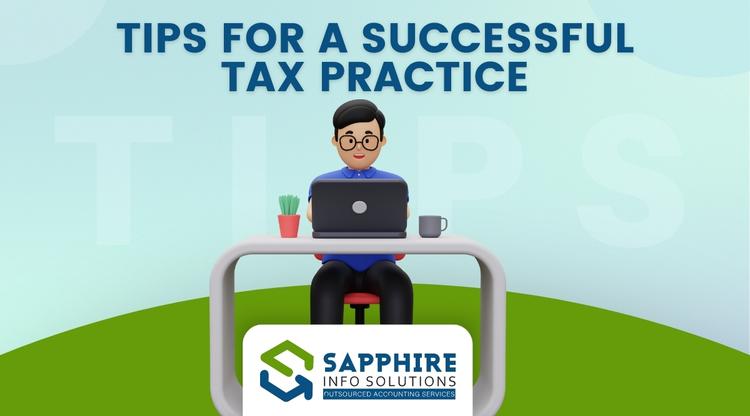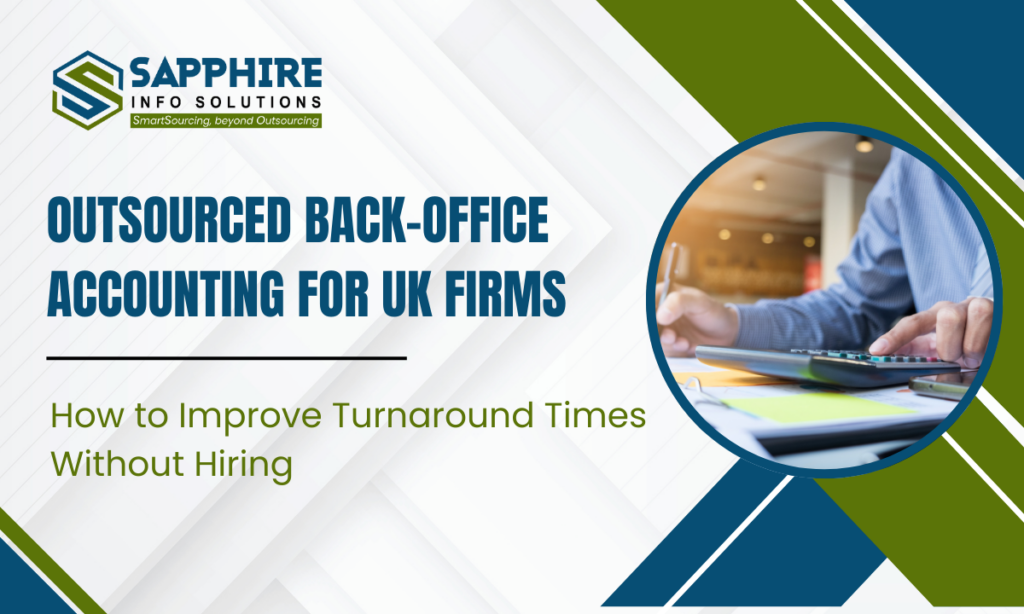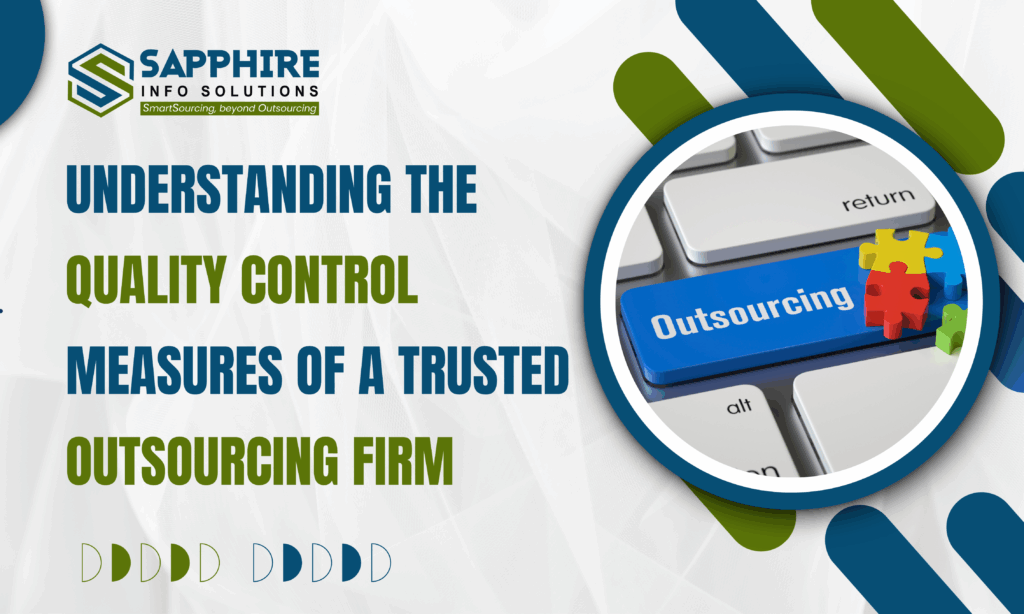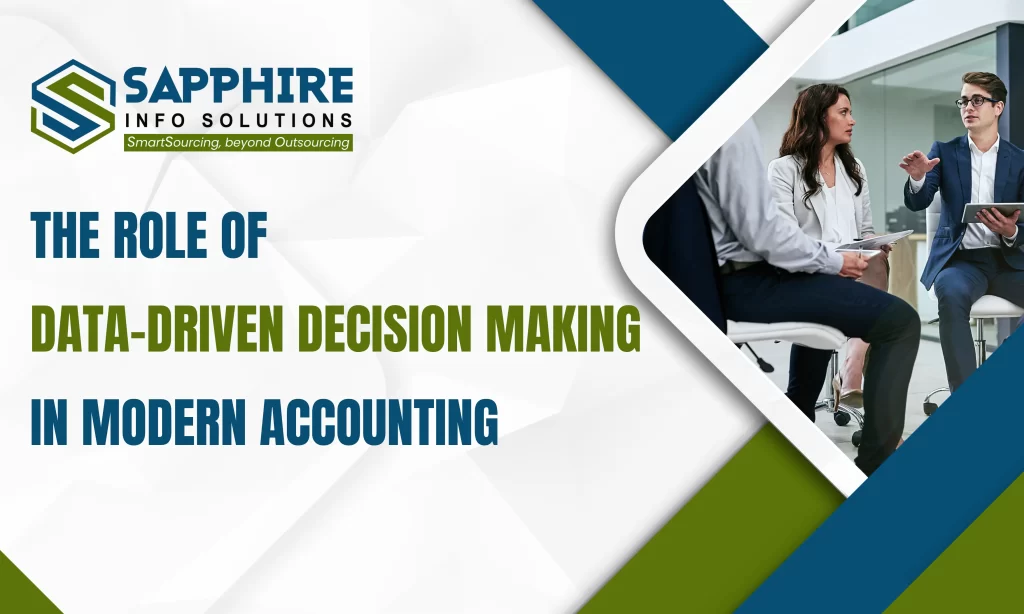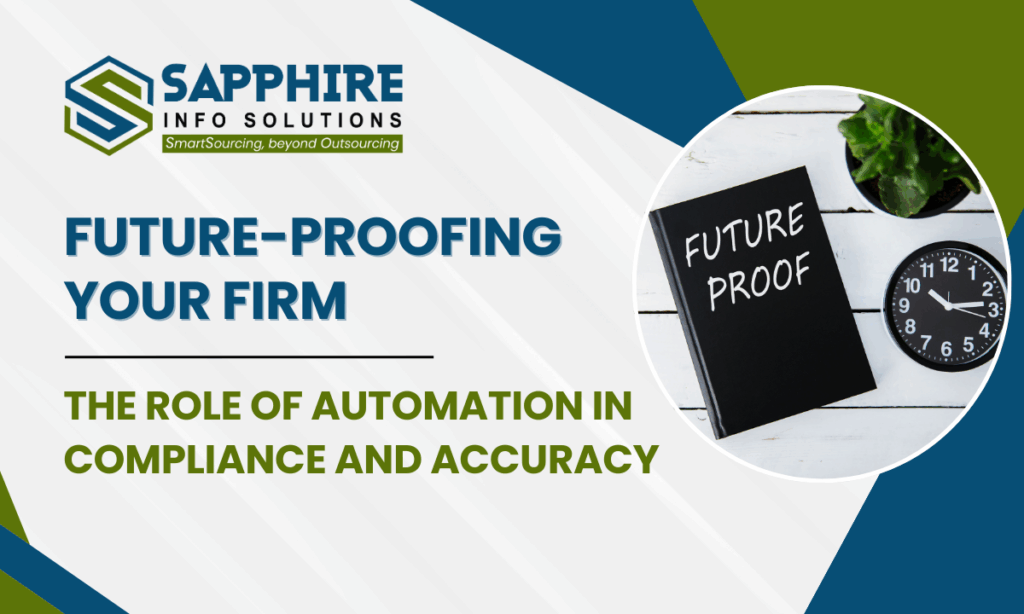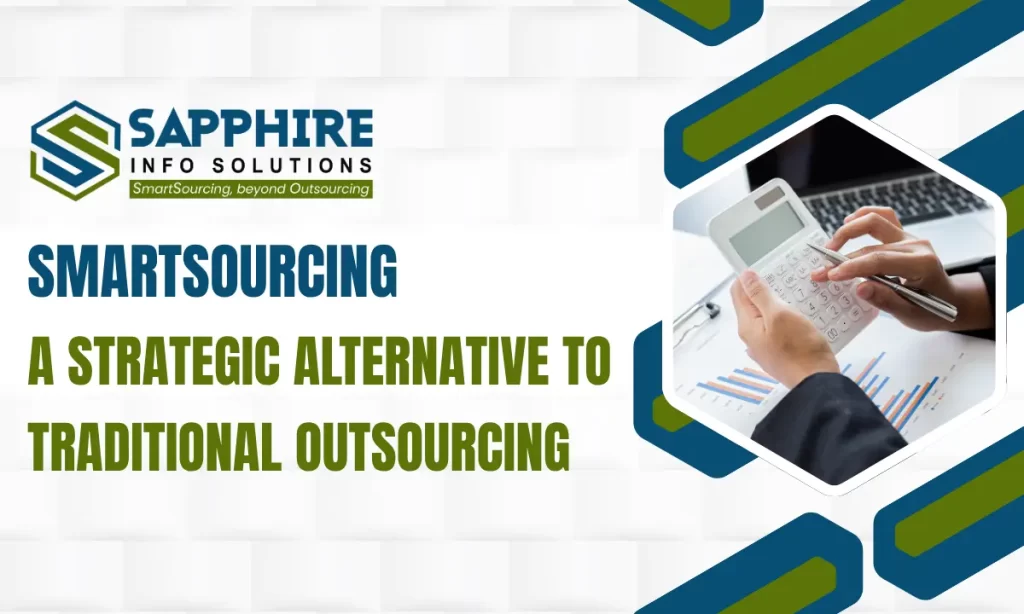As a practicing tax professional you literary live and breathe tax rules and regulations these days. However, this is not enough, with rapid changes in industry there is an extra burden to meet growing client’s needs. This also means that you spend less time on background work and more time facing clients.
With the right tax strategy and a suite of compliance and data management solutions at your disposal, you can work more efficiently during the busy tax season.
Here’s a handy checklist that can help you streamline your services and meet the demands of the evolving tax sector:
Switch from hourly-rate billing to recurring monthly billing:
Agree on the scope of work upfront and build it into a regular monthly billing arrangement. Your clients will be happier because a budget for your services means there are no surprise costs.
Payment negotiation with the Revenue:
Accountants can negotiate with the Revenue on their client’s behalf, setting them up with more affordable payment terms. This can help with cash flow and ensure your client retains your services.
Work-life balance during tax time:
Capacity planning and the ability to scale are essential when ‘tax crunch’ arrives. Build out timelines and assign hours as early as possible to avoid capacity issues. For example, there is a glaring capability issue which can ultimately lead to mistakes (or worse) if someone available to work 100 hours per fortnight has 120 hours assigned to them.
Communicate your goals with your people:
Review your strategic plan before every new financial year. Have you communicated this strategy clearly with your team? Are your clients aware of your plans? Have you achieved buy-in from your partners and associates?
Focus on staff development:
Upskilling is the best way to futureproof your firm against industry changes. Consider what training your staff needs for the coming year, factoring in their strengths and weaknesses, as well as what they could achieve with additional guidance or structure.
Review your technology requirements:
Are your tech solutions fit-for-purpose, or are they outdated? If there is room for growth, set aside enough time to conduct due diligence around potential platforms you could integrate, and get buy-in from senior management about how they will be deployed.
Get better insights on clients:
Your software should be set up to provide valuable analytics on your clients. With these insights at hand, you can better serve their needs and focus on value-add tasks.
Cut the dead-weight offerings:
Review your services and discontinue those that no longer add value for your clients, or that are too time-consuming to be profitable.
Continue to learn:
Seek out training and education services to improve your – and your team’s – knowledge around the best accounting technology.
Technology can help tax professionals thrive in this new world, so whether you need to improve your tax compliance, data and resource management, reporting and insights or fix your tech stack the issues you face today can be the starting point to transformation of your business.

